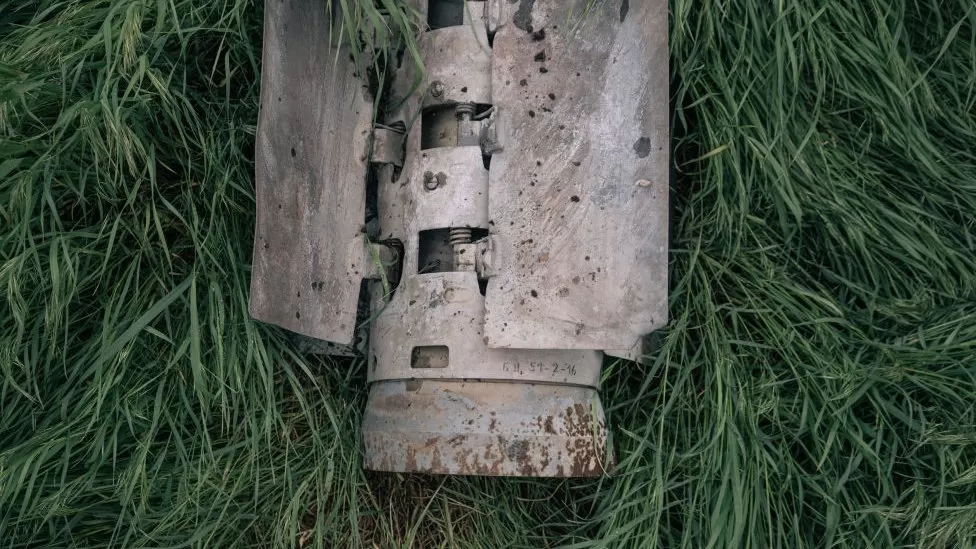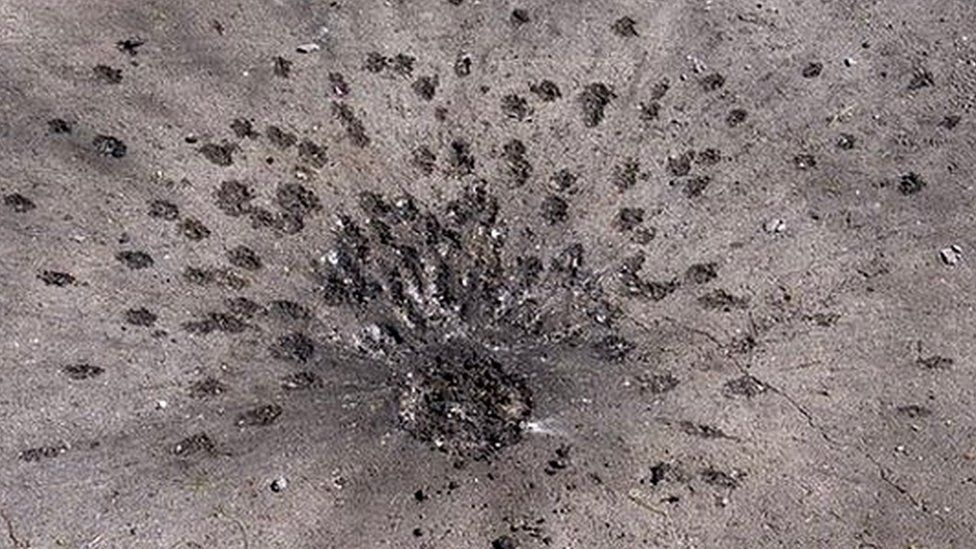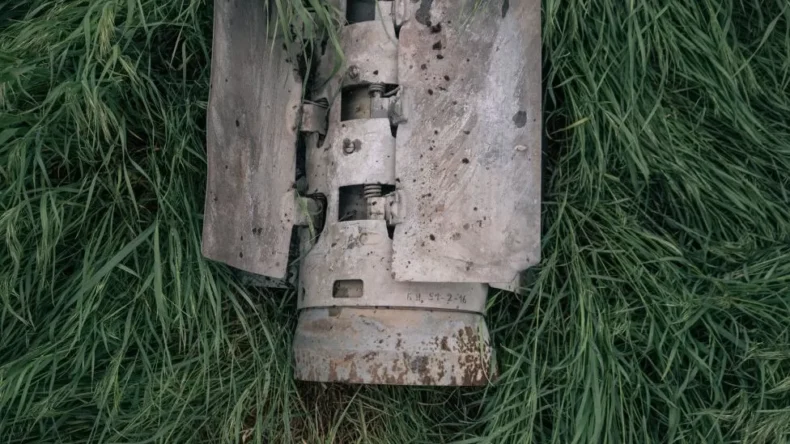Several US allies have voiced concern over Washington’s decision to give Ukraine cluster munitions.

The controversial weapons will be delivered to Ukraine, the US said on Friday. President Joe Biden described it as a very tough decision. The United Kingdom, Canada, New Zealand, and Spain all responded by stating their opposition to the employment of weapons.
More than 100 nations have enacted bans on cluster bombs due to the threat they represent to populations.
They frequently disperse a large number of tiny bombs (bomblets) that can kill anyone everywhere. The munitions’ failure rate, or “dud” rate, has also generated debate. Bomblets that have not yet detonated can remain on the ground for several years before they explode randomly.
In an interview with CNN on Friday, Mr Biden stated that he had discussed the choice with friends. The decision was a component of a military aid package costing $800 million (£626 million). The president claimed that he needed some convincing before acting, but that the Ukrainians’ supply of weapons was running low.
Human rights organizations swiftly criticized the choice, with Amnesty International stating that cluster munitions pose a serious risk to civilian lives even after the fighting has finished.
According to US National Security Advisor Jake Sullivan, Russian cluster bombs used in the fighting failed much more frequently than the American cluster bombs that are being provided to Ukraine.
However, several of the US’s Western allies on Saturday declined to support its choice.
How many more deaths, before the war Ends?
UK Prime Minister Rishi Sunak noted that his country was one of 123 nations that had ratified the Convention on Cluster Munitions, which forbids the manufacture or use of such weapons and discourages their use when questioned about his opinion of the US decision.

Before their meeting, he made these remarks. President Biden is scheduled to land in the UK, this Sunday before the Nato Summit in Lithuania.
According to remarks made by the prime minister of New Zealand, one of the nations that advocated for the adoption of the agreement, he went further than Mr Sunak.
According to Chris Hipkins, the weapons are “indiscriminate, they potentially cause enormous damage to innocent people, and they can also have a long-lasting effect.” He claimed that New Zealand’s opposition to the use of cluster bombs in Ukraine had been communicated to the White House.
According to Spain’s Minister of Defense Margarita Robles, her nation “has a firm commitment” that certain weapons and munitions cannot be transferred to Ukraine.
We recognize that the genuine defence of Ukraine should not be conducted with cluster bombs, so we say no to using them and yes to that defence.
The explosives, which may go years without detonating, have the potential to have a negative effect on youngsters, according to the Canadian government.

In addition, Canada said that it was opposed to the use of cluster bombs and that it continued to adhere strictly to the Convention on Cluster Munitions. It added in a statement that it takes seriously its responsibilities under the agreement to promote universal adoption.
While both Moscow and Kyiv employed cluster bombs during the conflict, the US, Ukraine, and Russia have not ratified the agreement.
Germany, a treaty signatory, stated that while it would not give Ukraine such weapons, it understood the American stance.
German government spokesperson Steffen Hebestreit told reporters in Berlin, “We’re confident that our US friends didn’t decide to supply such ammunition lightly.”
The cluster bombs will only be used to breach enemy defence lines and not in populated areas, the Ukrainian defence minister has promised.













